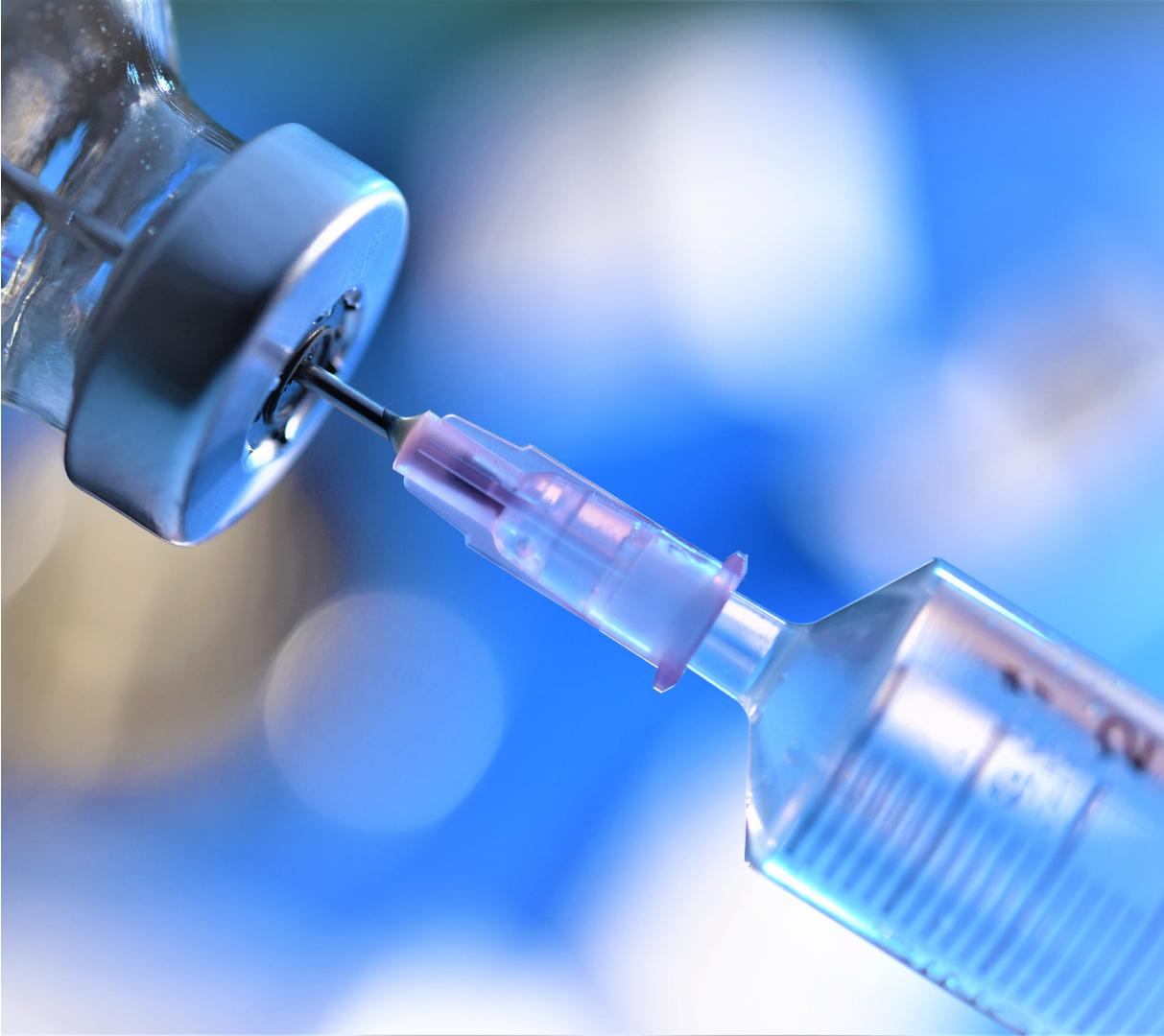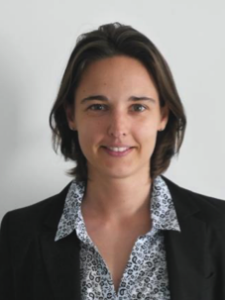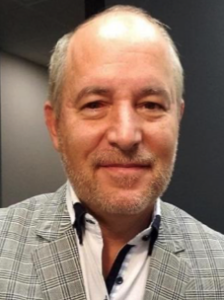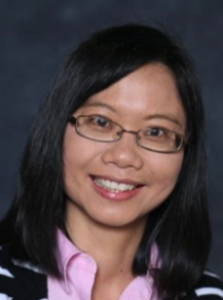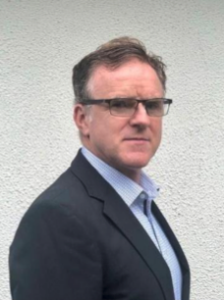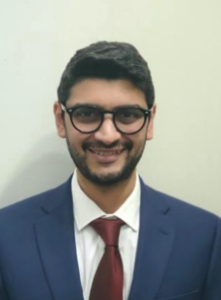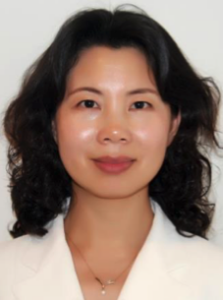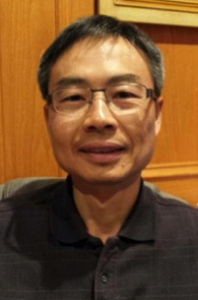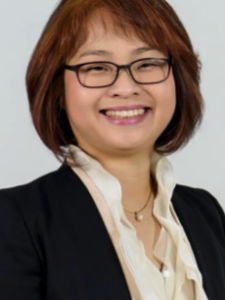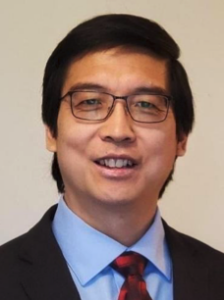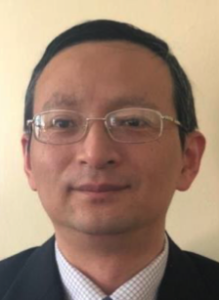Model integrated approaches are being increasingly applied by the drug industry to support and demonstrate bioequivalence (BE), especially for complex generic products (e.g., long-acting injectable drug products) for which in vivo BE studies are challenging to conduct. These challenges are due, in part, to lengthy BE studies that use patient populations and often require multiple doses, potentially taking months for each patient to reach steady state. Model-integrated approaches have the potential to overcome some of these challenges and result in more efficient study designs to demonstrate BE.
This workshop engages experts in the field of modeling and simulation in the generic and new drug industries, academia, and relevant stakeholders to explore, identify and recommend best practices for the development and assessment of model integrated approaches for BE assessment of long-acting injectables and implants. The workshop will focus on how model-integrated approaches support innovative study designs and data analyses and how they can be validated and verified. A collaborative development of best practices will contribute to the availability of more long-acting injectable and implantable generic drug products for the American public.
FDA and the Center for Research on Complex Generics—which is a collaboration between the University of Maryland School of Pharmacy and the University of Michigan College of Pharmacy—are dedicated to advancing programs that stimulate scientific dialogue, disseminate current insights about complex generics, and generate new knowledge in support of FDA’s mission to promote and protect the public health by increasing access to safe and effective generic medicines.
Workshop Topics
- Current challenges in development and assessment of generic long-acting injectables and implantable drug products
- Recent research on the development of model-integrated bioequivalence approaches – innovative study designs and data analysis for bioequivalence assessment
- Application of model-integrated approaches to long-acting injectable and implantable drug products using population pharmacokinetic modeling
- Validation and verification for model-integrated bioequivalence approaches
- Building consensus on best practices for model-integrated bioequivalence approaches
Audience
Generic and new drug industries, academia, and other involved stakeholders with a particular interest in the field of modeling and simulation.

